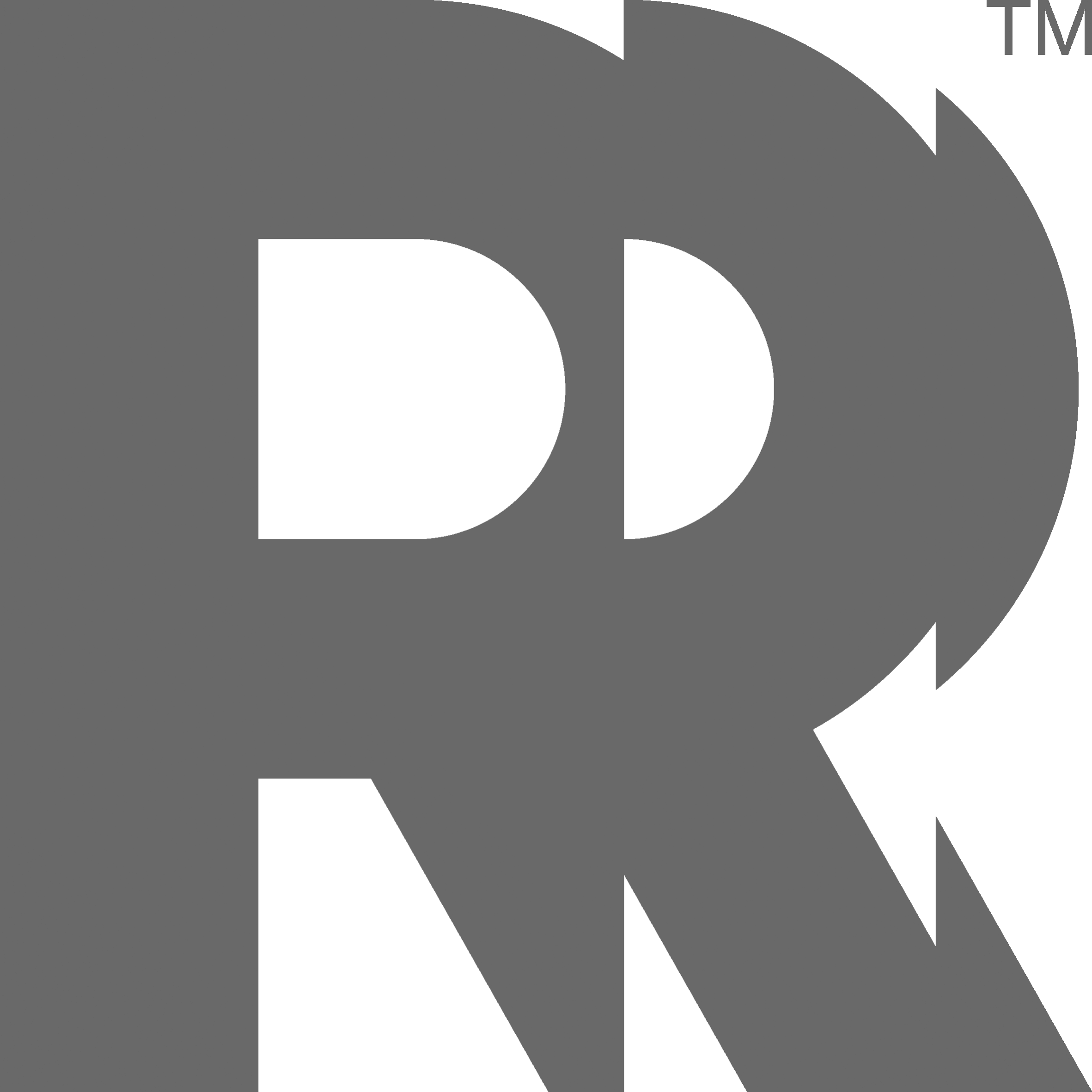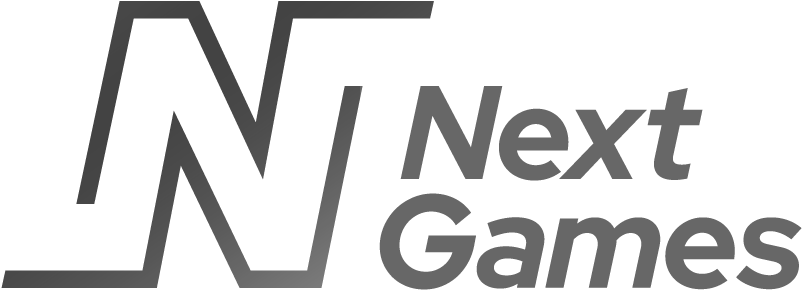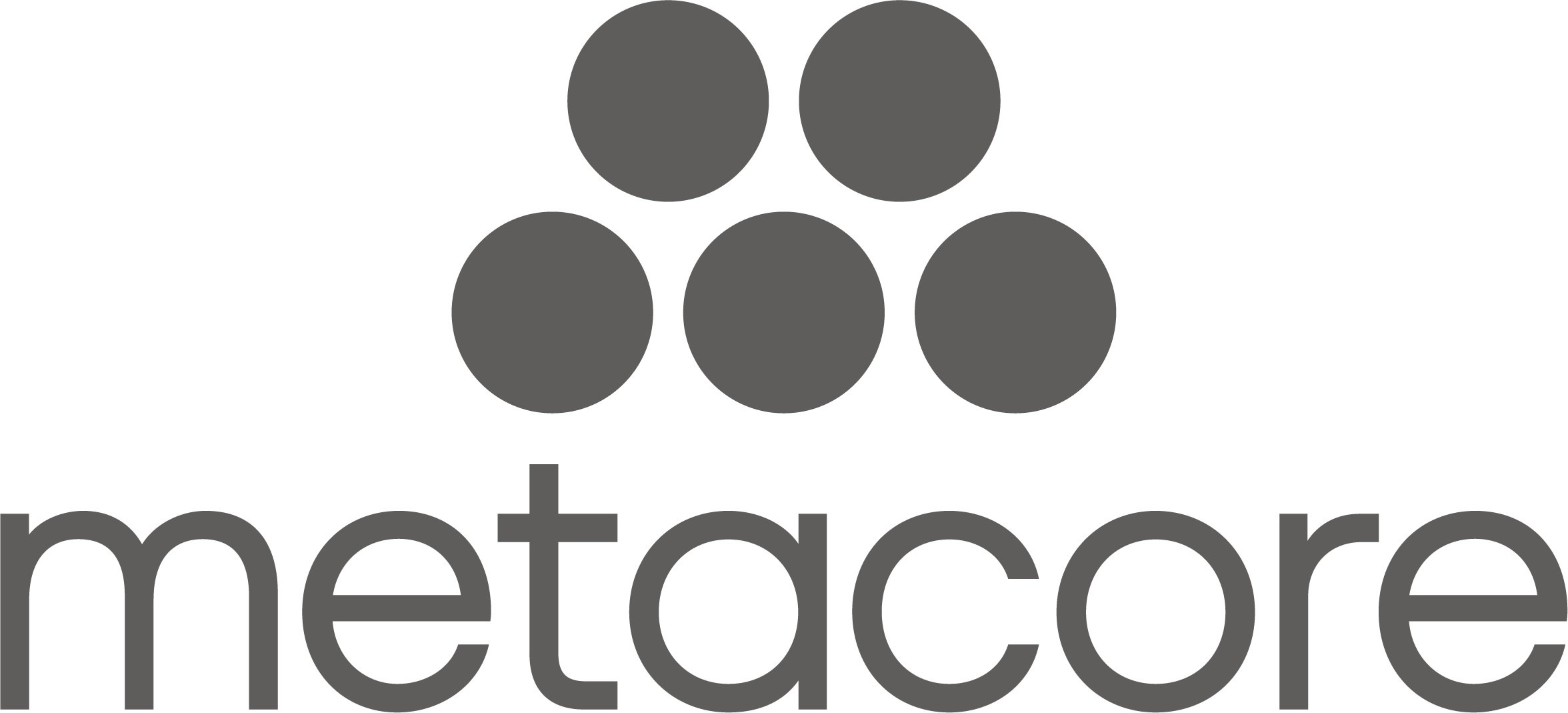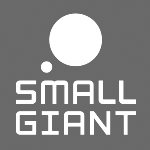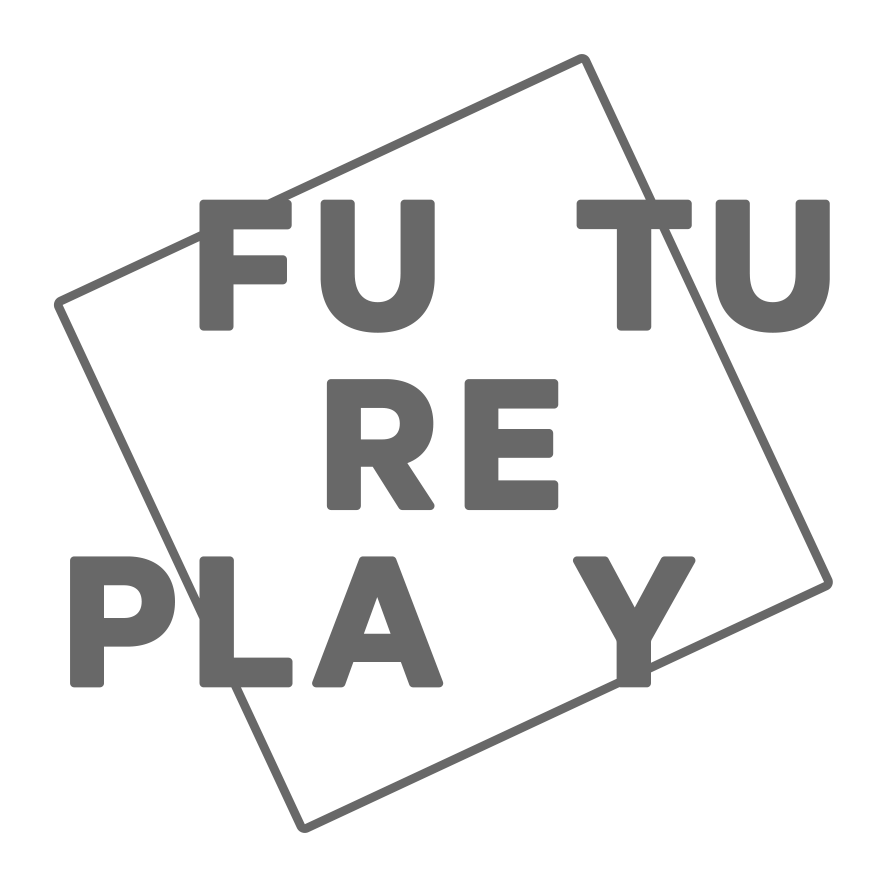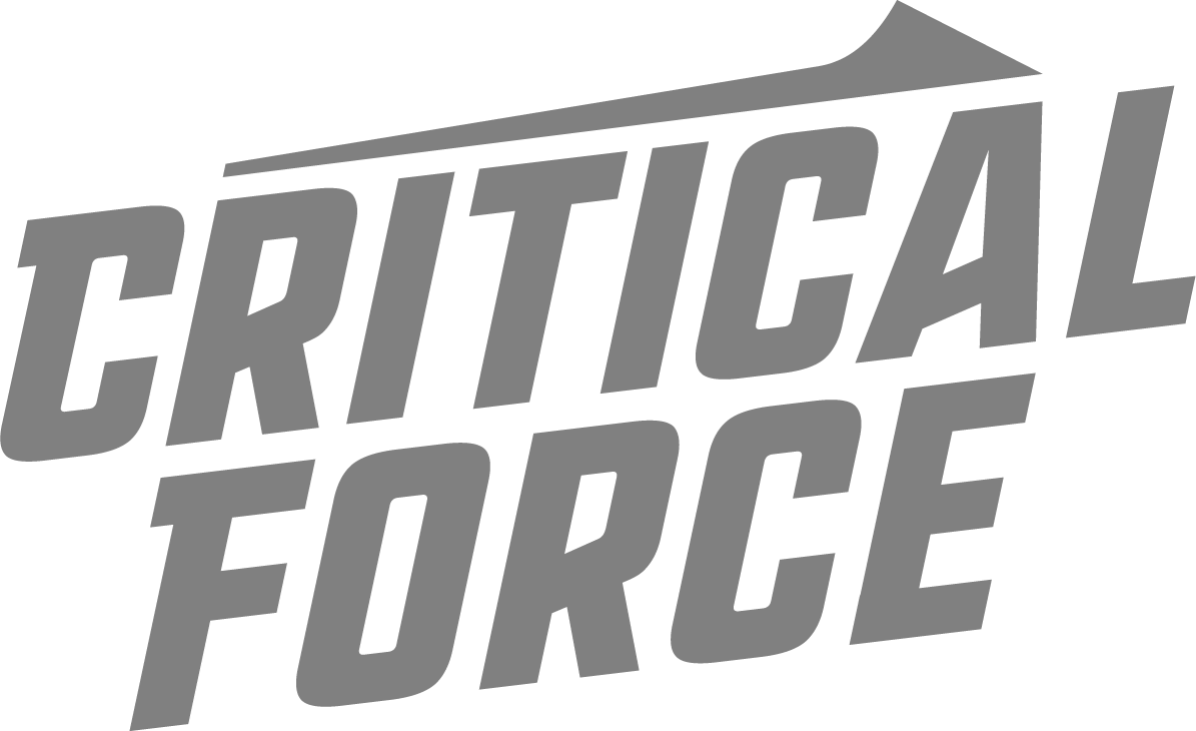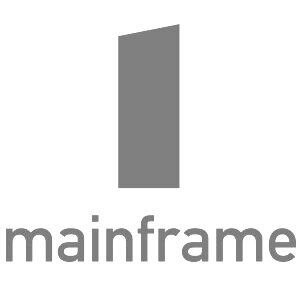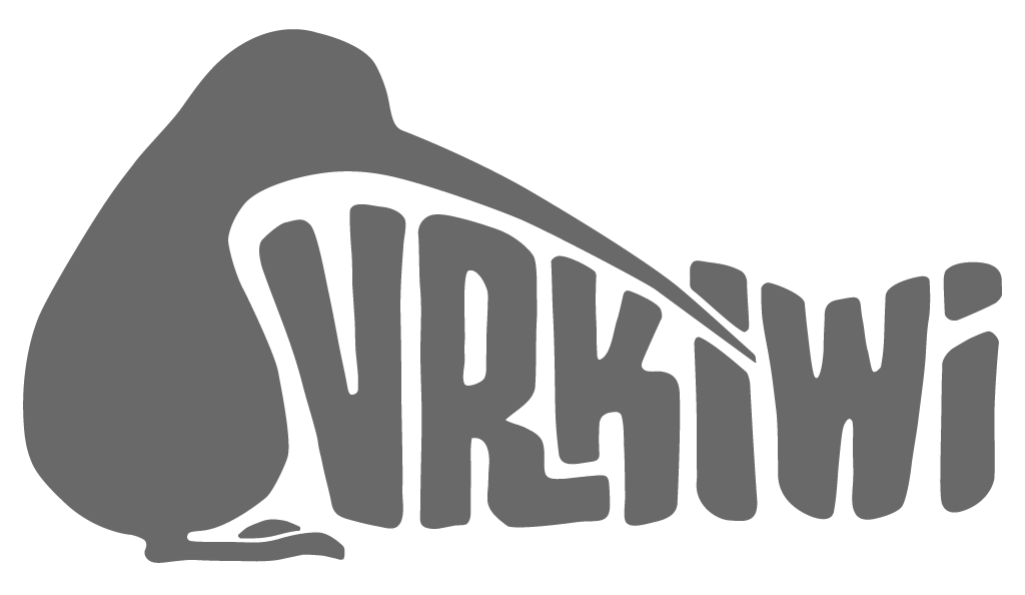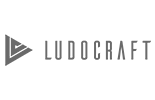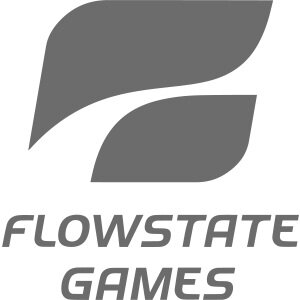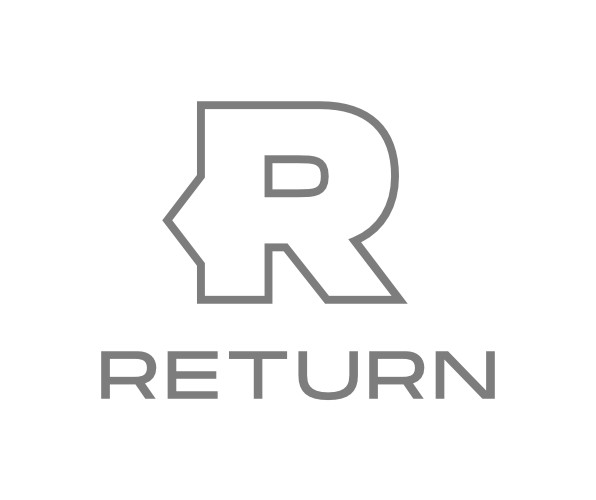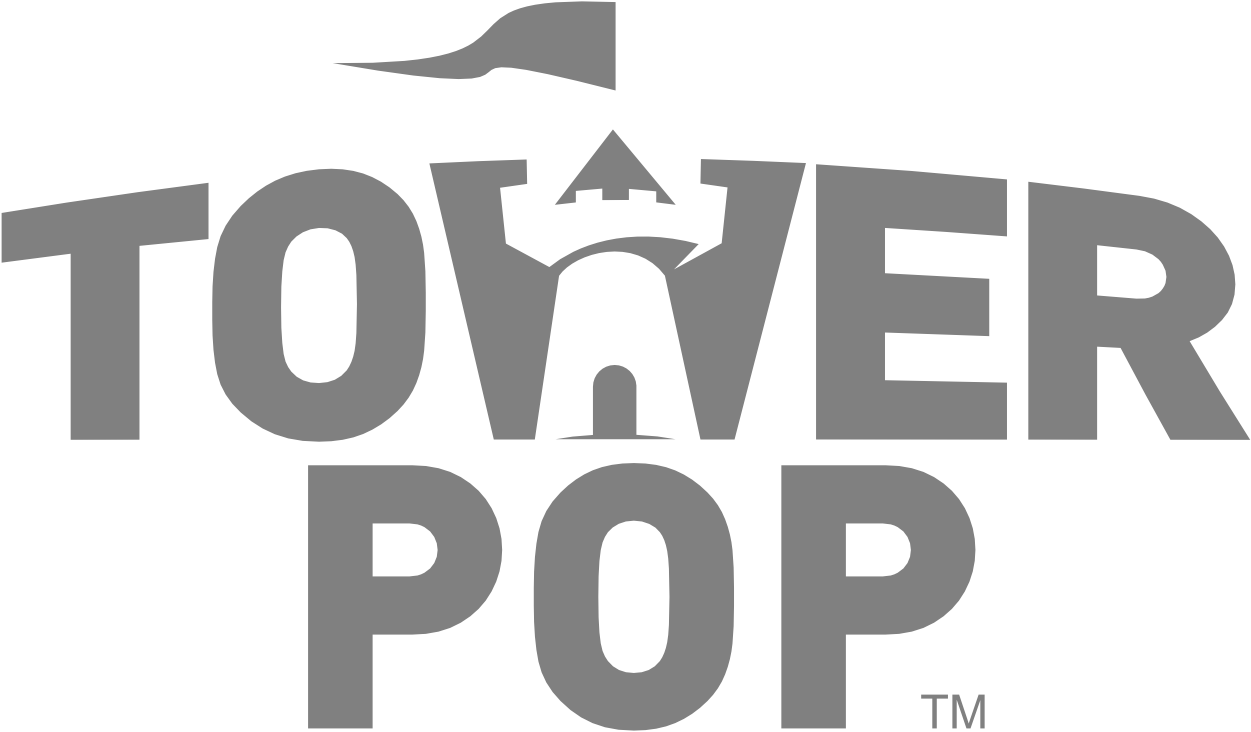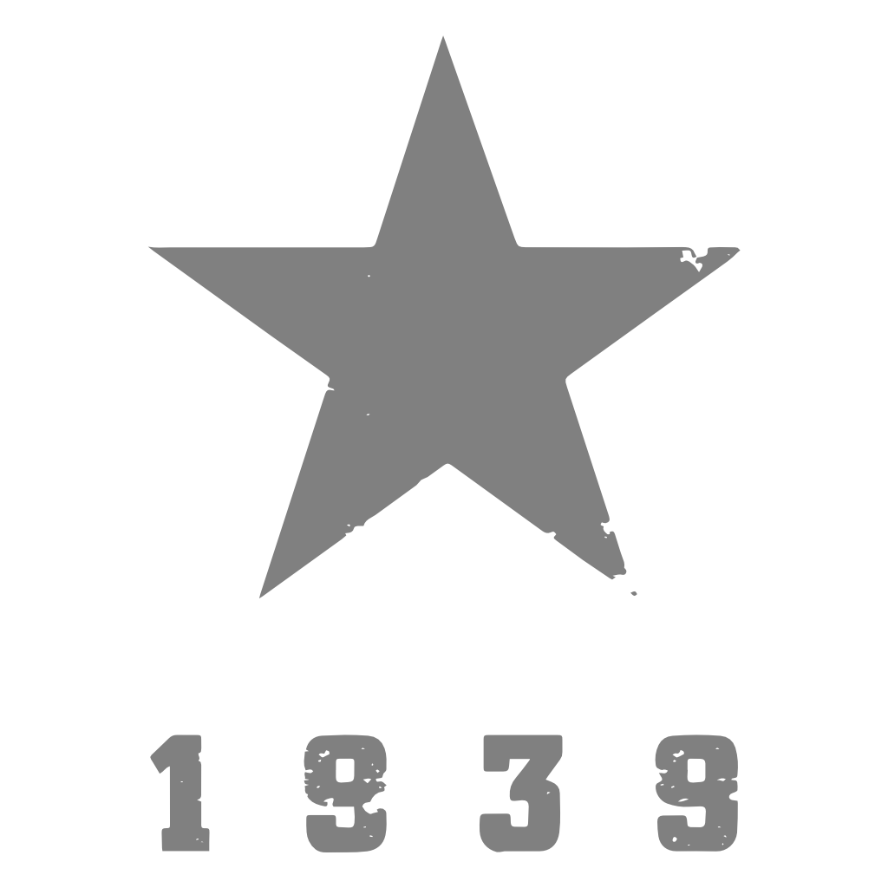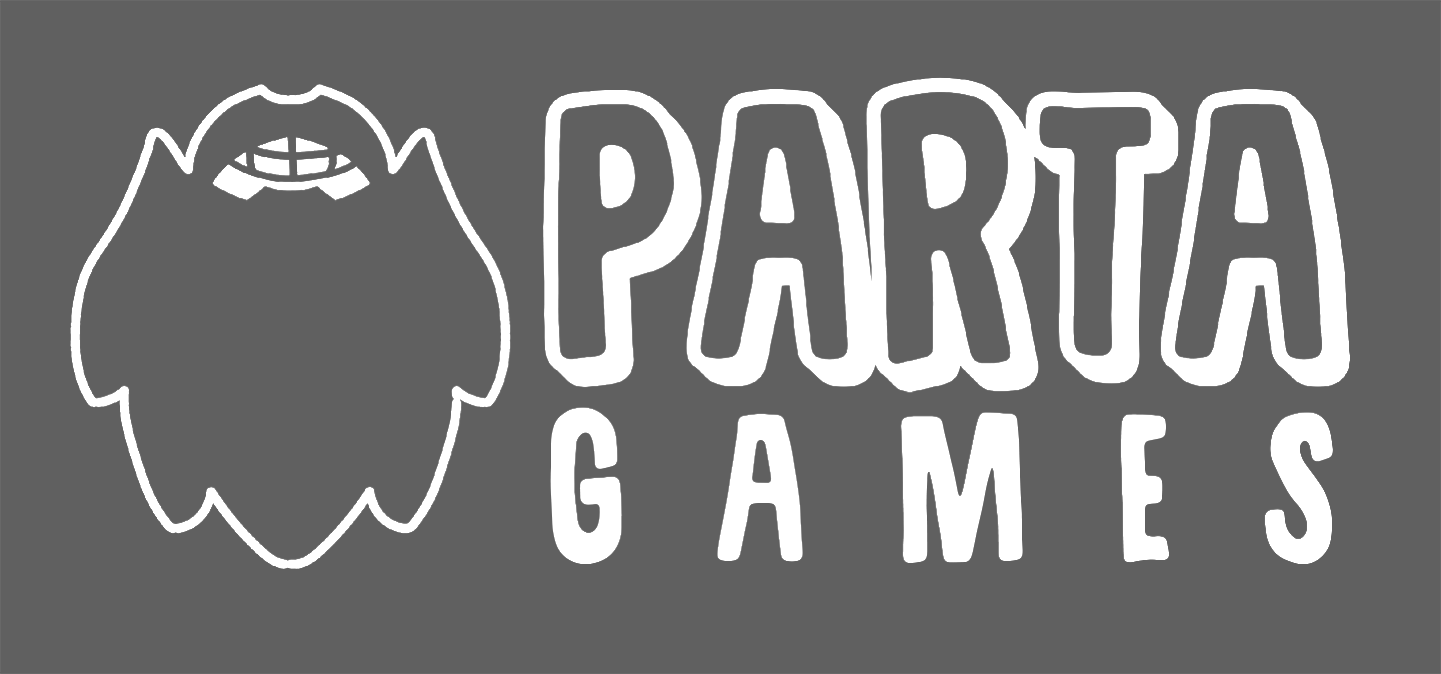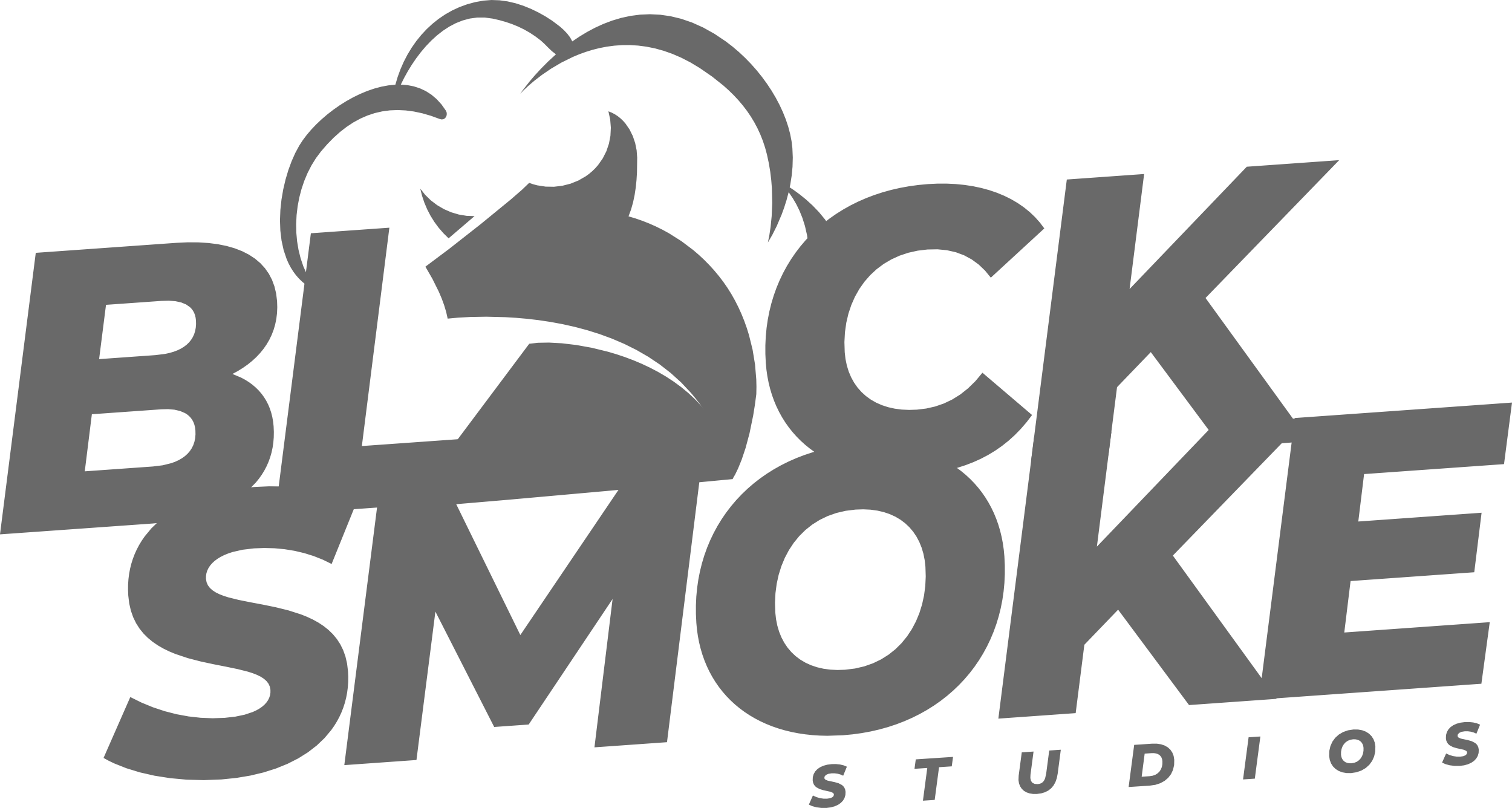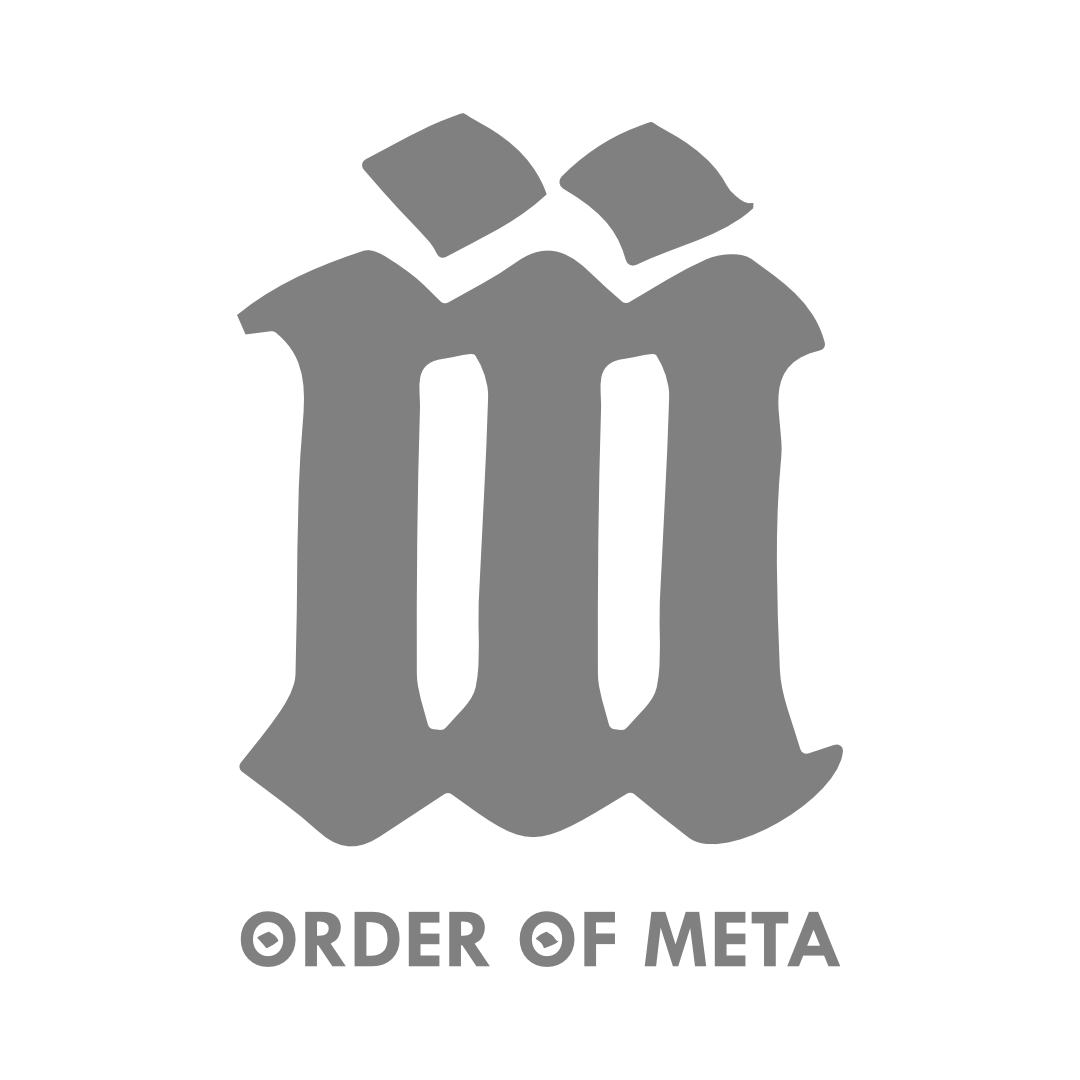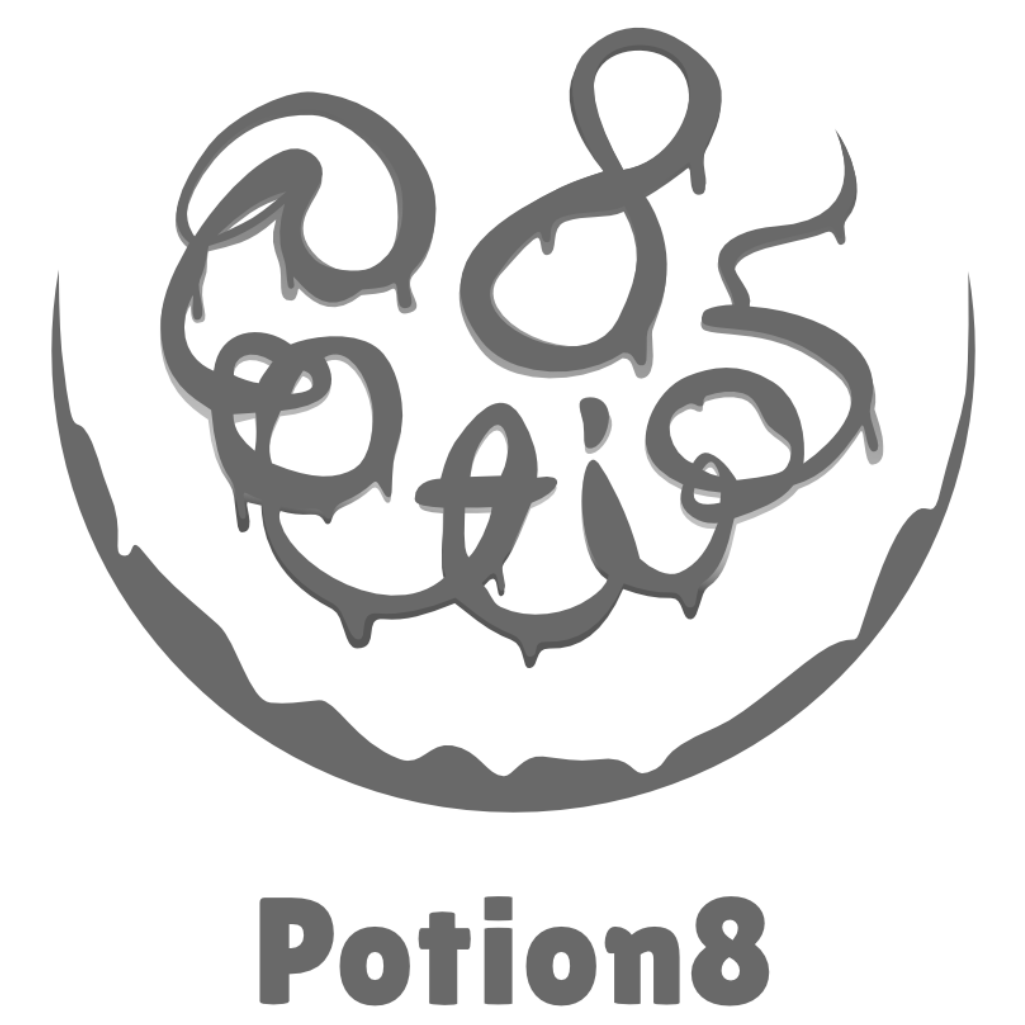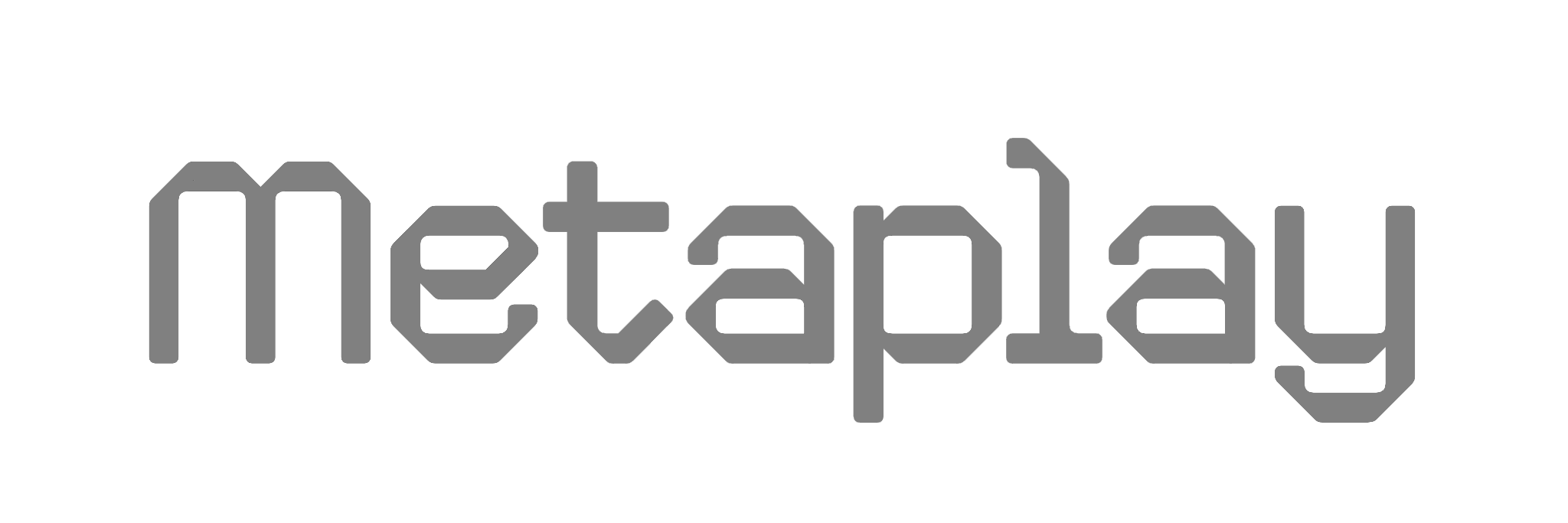We start the year with a super interesting talk from producer Ilkka at Veikkaus Game Studio.
As you may know, Veikkaus is owned by the state and the company has a monopoly on gambling. Profits go to culture and healthcare, and this is part if how gambling is regulated and how the bad sides of addiction are being kept under control. The games are meant to be fun and exciting but safe at the same time.
Producer Ilkka started his career with being a croupier for ten years, but then got the idea to apply for a job in the Ray Game Studio (Ray and the old Veikkaus joined in 2017). When he applied for the position he knew nothing about the studio, and when he got the job he made it his mission to make more people aware of them and how they work.
The Game Studio has about 40 employees. They make their own slot games, but now also mobile games.
What generated the most money in Veikkaus? 1/8 is from the lottery and once a week games. 1/3 comes from sports betting games, where some skill and knowledge is necessary to play. 1/2 comes from so called excitement games, that is slot machines, e-scratch cards, normal card games etc. Half of the revenue comes from the slot machines, and this is the largest part over all.
In the game studio they start by making a game for the slot machine, for one type. Then the game is exported to other machines. Online games are made with partners, other Finnish companies.
When we make our games we start to make the game for slot machine, one type, then they are exported/improted to other machines. Online games made with partners, Finnish other companies.
The studio has 12 programmers, 10 artists, 1 audio artist, so most of the audio is outsourced. There are a few people who specialize on mathematics, and there is one head of research. They make 5-18 games a year, and are probably the most agile part of the company (Veikkaus employs around 2000 people).
They are organized into smaller teams. The team decides what the game should look like. The business department might say something sometimes, but the track records says that the team knows what makes a good slot machine game.
Agile development is a buzzword. If the team members are used to working with scrums or dailys, they can use whatever tools they want. As long as it works. One person is missing: there is no crunch guy. Progress should be made all the time, so NO crunching.
The development process usually starts from a need. The business intelligence says we need to diversify the portfolio for example ”We need a game in January”. The framework for the team comes from here. Sometimes it goes the other way, but it is rare.
The usual development cycle is 6-9 months. They have pretty fast production cycles in general.
Veikkaus differs from normal companies: they already have a monetization plan, and they have users. They can focus on the end user experience. The studio does not need to think about marketing.
After every project there is one month testing, with no development. Two new people test the games to see if something is wrong. If everything is cool it goes to an approval testing.
They publish game packs, not one game at a time. All updates need to be in one pack. During that time they can’t do anything with the game, and focus on other games.
The audience had a lot of questions this time:
Q: What do you search from outsourced studios?
A: Skillwise: mobile and desktop C++, online HTML5, you need to know these.
Some kind of good track record. Can you show us that you are team players and not complete newbies?
Q: Creative side? Graphics audio?
A: It doesn’t matter where you published your games, but having done mobile is good, so you know the technology. Otherwise there are no preferences on what you have done previously.
Q: How do you deal with bugs after release?
A: Since there is money in it… Turn it off so no one can play. If it is a graphical thing we make a fix in the next package. Hot fix if it is serious, its not common, but we can do it. If it something huge that has gone wrong… The player is the most important. If it is anything that endangers the player experience or their money, that is priority.
Q: How hard is to balance entertainment and profit?
A: Good question. We have the math guys. All of our slot games have 90 % return rates. For some people small money is entertaining, some people want just big wins. We are making games for different kinds of gamers. We need to have an idea about who the game is aimed at. Its about balancing the math with game play.
Q: Have you made a game where you loose so much it becomes unpopular?
A: Don’t think so.. I don’t think its about wether you loose or win, it has most to do with how it feels to play. Sometimes the loosing feels like winning. We try to give the player some value though the game.
Q: Do you get feedback?
A: Yes. Always relevant? No. But we do listen to it, there is always some truth in the comments.. But we need to interpret them… Its comment like ”I feel dizzy”, ”I want to win more” etc.
Q: How much regulation is there to restrict development?
A: Poliisihallitus, The national police board, if they say no, we can’t publish. The game can't be too fun or exciting. What is too fun? If there is a new feature that is too new or exciting. Sometimes they give us no motivation. But we do want to make entertaining games…
Q: How much say do you have about what kind of games? What kind of mechanics?
A: The teams have a lot of say. Business intelligence might say that now is a good time for a thing (a poker game for example), the rest is up to the team. The team have a good ownership of the products.






